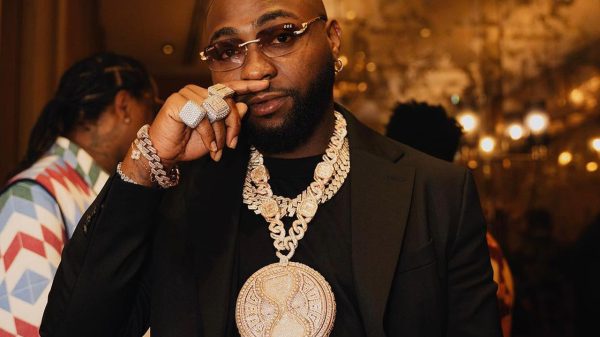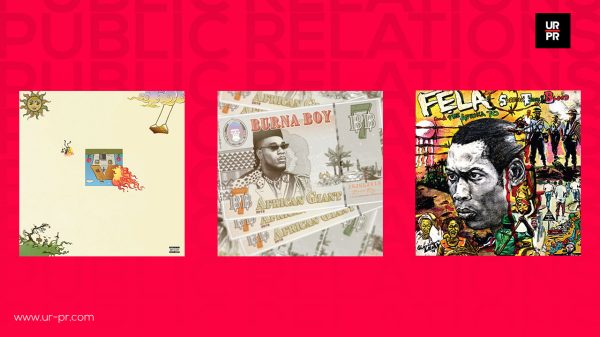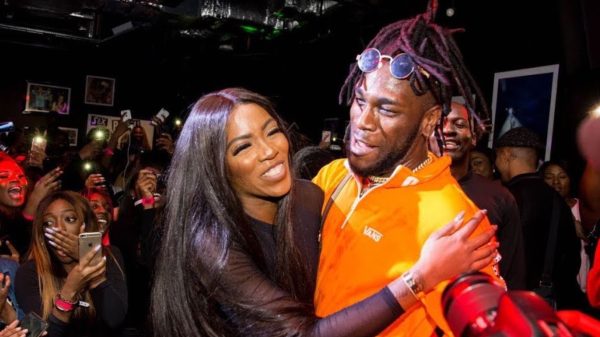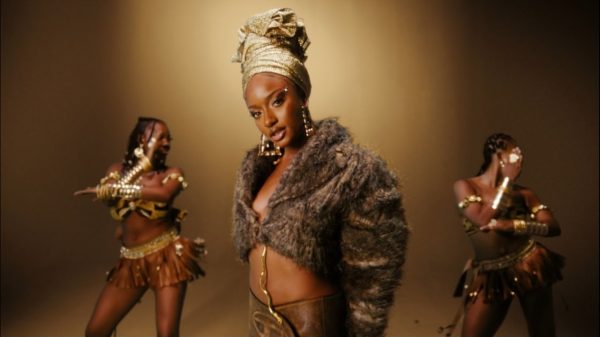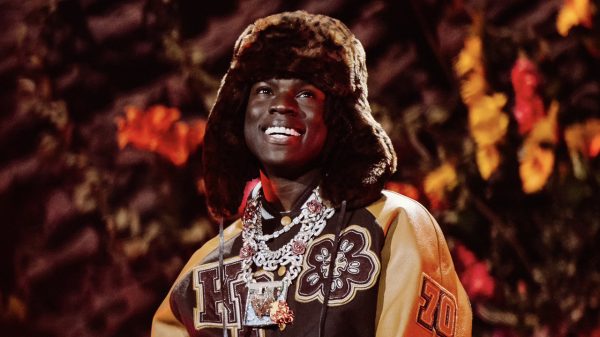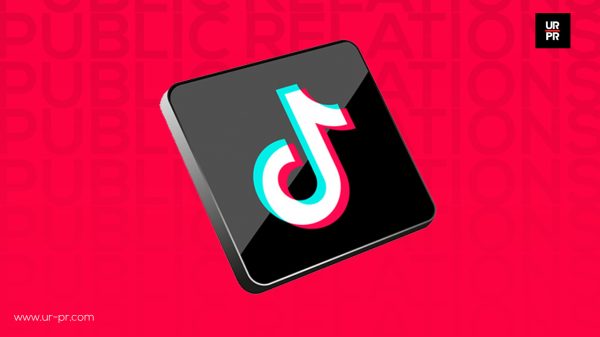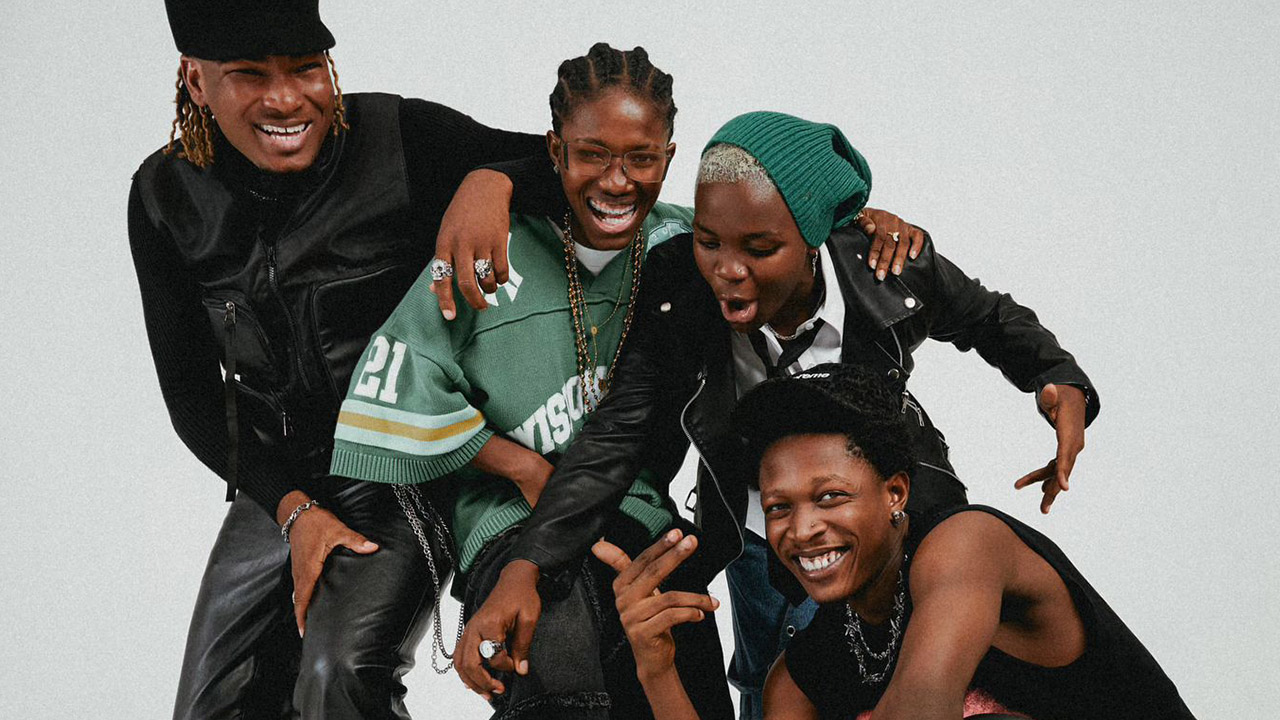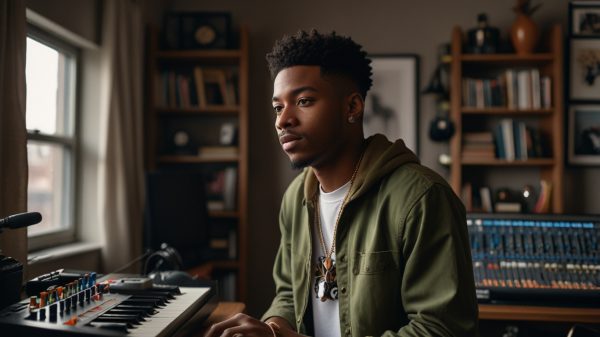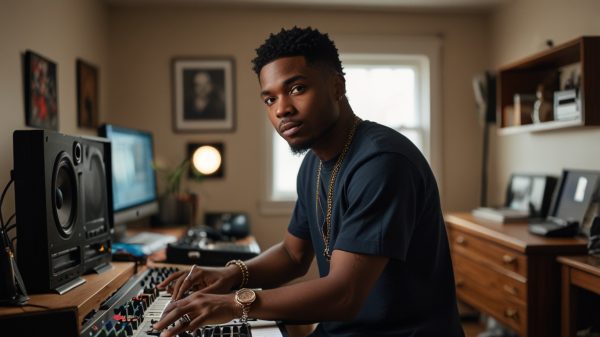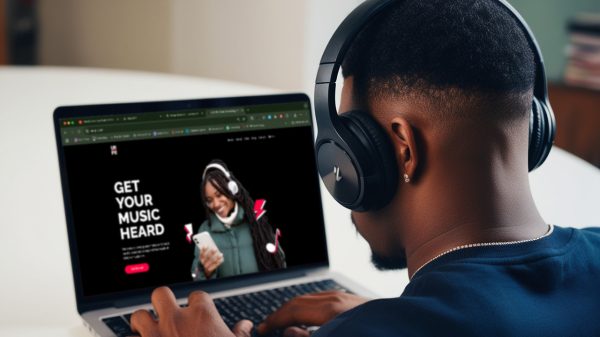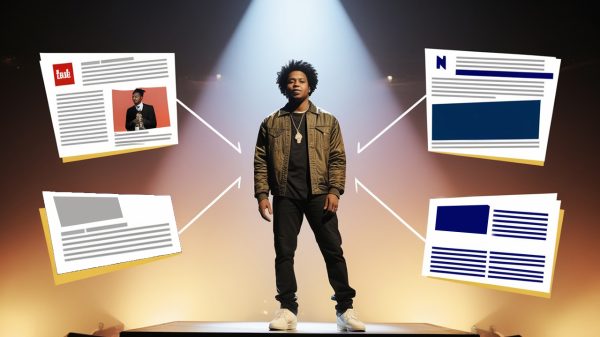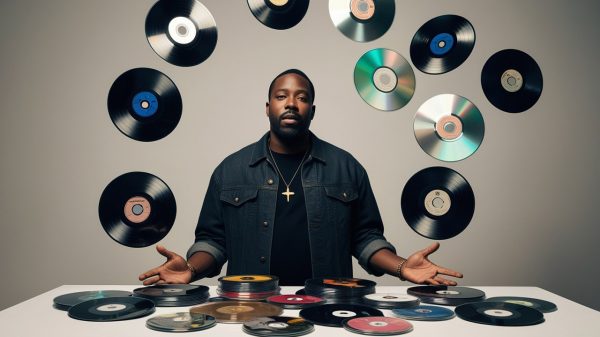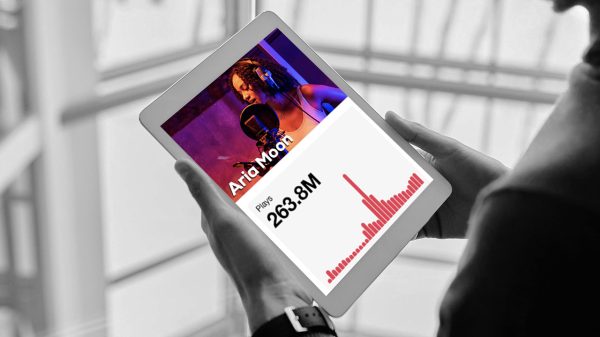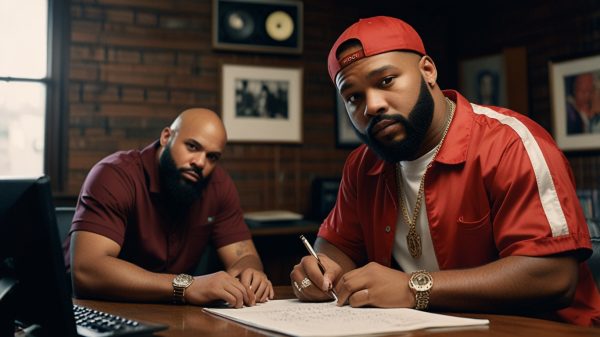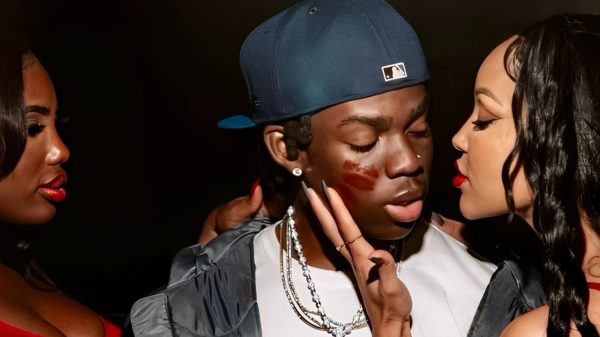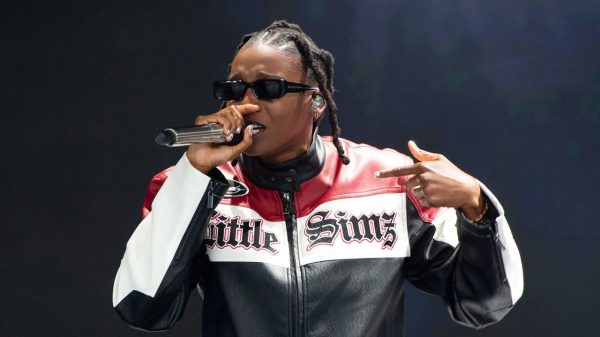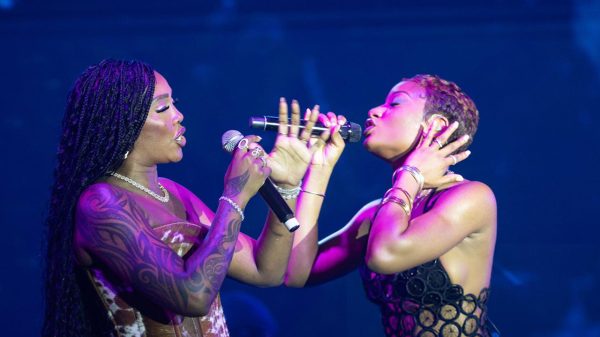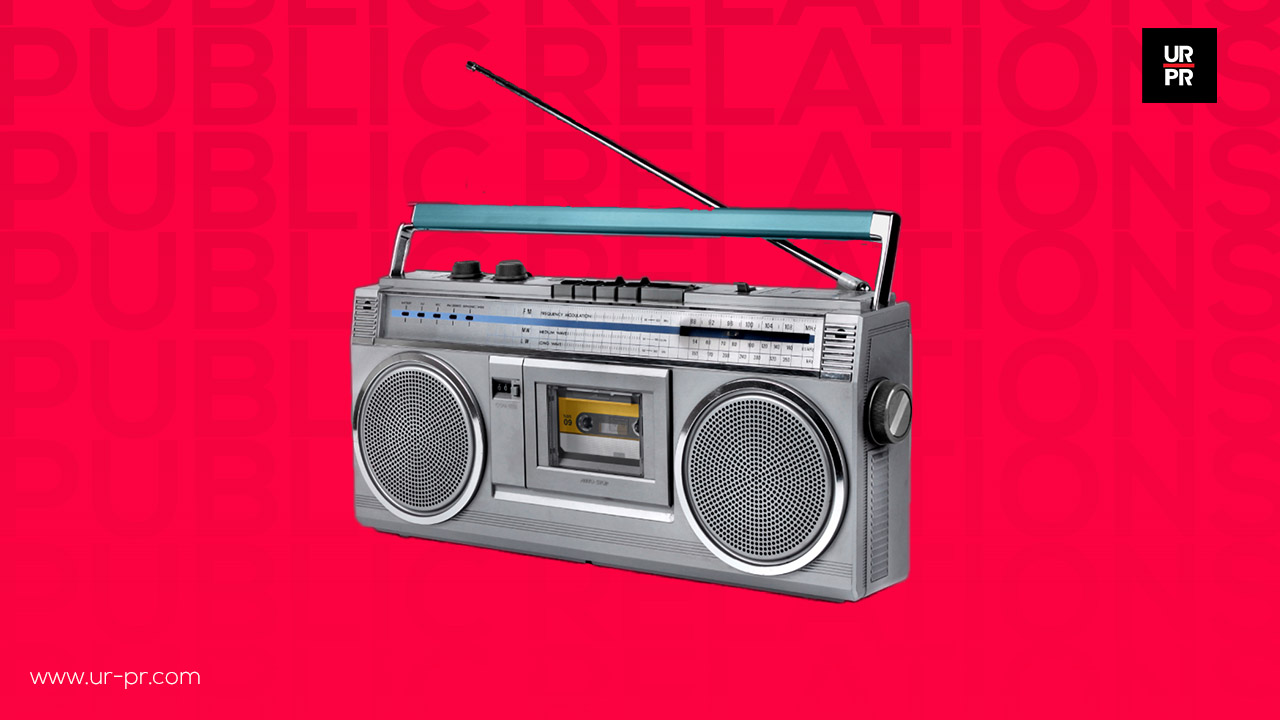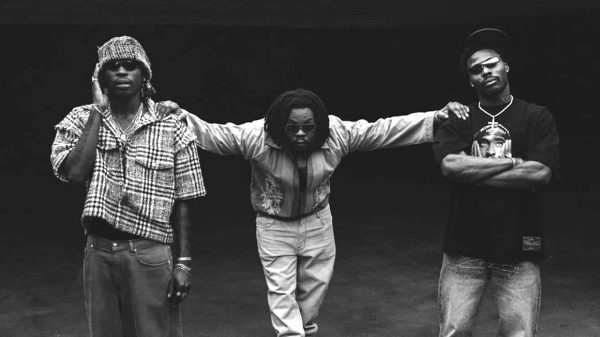As a rising musician, getting your tracks played on national radio can be a game-changer for your career. It’s a powerful way to reach new audiences, gain credibility, and potentially skyrocket your popularity. But how exactly do you go from recording in your bedroom to being featured on major radio stations? Let’s dive into the world of radio promotion and uncover the secrets to getting your music on the airwaves.
Understanding Radio-Friendly Music
Before you start pitching your music to radio stations, it’s crucial to understand what makes a track “radio-friendly.” A radio-friendly song typically has the following characteristics:
- Length: Keep it under 4 minutes. Radio stations prefer shorter tracks to maintain listener engagement and fit more songs into their programming.
- Clean Content: Avoid derogatory terms, explicit language, or controversial themes. Remember, radio stations cater to a broad audience.
- Neutral Messaging: Steer clear of overtly political or religious messages. While these topics can be powerful in music, they may limit your radio play opportunities.
- Catchy and Memorable: Your song should have a hook that sticks in listeners’ minds long after they’ve heard it.
If you have a full album or EP, choose one track that best represents your sound and meets these criteria. This will be your focus for radio promotion.
Start Your Campaign Today!
Start Small, Dream Big
While national radio play is the ultimate goal, it’s often beneficial to start smaller and work your way up. Here are some strategies to build your radio presence:
- Local Radio: Begin by targeting local radio stations. They’re often more open to featuring emerging artists from their area.
- College Radio: Many college radio stations are eager to discover and promote new talent. This can be an excellent stepping stone to larger stations.
- Online Radio: Platforms like SoundCloud, Mixcloud, and even podcast networks can help you gain traction and build a fanbase.
- Community Radio: These stations often have niche programs that might align perfectly with your genre or style.
Remember, every play counts and contributes to your overall exposure and credibility.
Leveraging Platforms for Emerging Artists
Several platforms are specifically designed to support up-and-coming musicians in their quest for radio play. Two notable examples are:
- BBC Music Introducing: This platform allows you to upload your tracks directly. Presenters and producers then listen and may choose to play your music. BBC Music Introducing an excellent springboard to get onto national BBC radio stations.
- Amazing Radio: Similar to BBC Introducing, Amazing Radio has a direct uploader called “Amazing Choose.” You can upload your track (even keeping it private if it’s not released yet), and their team will consider it for airplay.
These platforms can be invaluable in bridging the gap between independent artist and national radio play.
Research and Target the Right Shows
When you’re ready to pitch to national radio, it’s crucial to do your homework. Here’s how to find the right shows and people to pitch to:
- Genre-Specific Shows: Many national radio stations have shows dedicated to specific genres. For example, BBC Radio 1 has shows focusing on rock, electronic, hip-hop, and other genres. Identify the shows that align with your style.
- Study Similar Artists: Look at artists in your genre who are slightly ahead of you in their careers. For instance, if you want to get radio placements like Ayra Starr, check which radio shows regularly play her music. This can give you a roadmap of where to pitch your own tracks.
- Use the BBC Radio Website: 2 Search for an artist similar to you, view their profile, and check which shows have recently played their music. This can help you identify potential targets for your pitches.
- Leverage Social Media: Follow radio DJs, producers, and music directors on social media platforms like Twitter and Instagram. Engage with their content and build relationships before pitching.
Crafting the Perfect Pitch
Once you’ve identified your target shows and contacts, it’s time to craft your pitch. Here are some tips to make your pitch stand out:
- Personalize: Address the recipient by name and reference specific aspects of their show or recent playlists.
- Be Concise: Keep your pitch brief and to the point. Highlight what makes your music unique and why it’s a good fit for their show.
- Include Links: Provide easy access to your music, whether it’s streaming links, download links, or both.
- Highlight Achievements: Mention any notable accomplishments, such as festival appearances, support slots for established artists, or impressive streaming numbers.
- Follow Up: If you don’t hear back, it’s okay to follow up once after a week or two. But remember, persistence is good; pestering is not.
Building Your Radio Promotion Strategy
Getting played on national radio often requires a multi-faceted approach. Here are some additional strategies to consider:
- Hire a Radio Plugger: If you have the budget, consider working with a professional radio plugger. They have established relationships with radio personnel and can significantly increase your chances of airplay.
- Create a Press Kit: Develop a comprehensive press kit that includes your bio, high-quality photos, press quotes, and links to your music and social media.
- Time Your Pitches: Consider the timing of your pitches. Many radio stations plan their playlists weeks in advance, so pitch well before your release date.
- Engage with Radio on Social Media: Follow and interact with radio stations and DJs on social media. Share their content, congratulate them on milestones, and be a genuine part of their community.
- Attend Industry Events: Radio conferences and music industry events can be great opportunities to network and meet radio professionals in person.
- Consider Radio-Specific Edits: Some artists create radio edits of their songs, shortening intros or removing explicit content to make them more radio-friendly.
The Power of Persistence and Patience
Getting your music played on national radio is rarely an overnight success story. It often requires persistence, patience, and continuous improvement of your craft. Here are some final thoughts to keep in mind:
- Quality is Key: Always focus on creating the best music you can. No amount of promotion can make up for subpar music.
- Build a Story: Radio stations love to support artists with compelling stories. Continuously work on building your narrative as an artist.
- Celebrate Small Wins: Every bit of radio play, even on smaller stations, is a step forward. Celebrate these milestones and use them as motivation.
- Keep Creating: Don’t put all your eggs in one basket. While promoting one track, keep creating new music. The more quality content you have, the more opportunities for radio play.
- Learn from Feedback: If a radio station or DJ provides feedback, take it constructively. Use it to improve your music and your approach.
Getting your music played on national radio is a challenging but achievable goal. It requires a combination of talent, strategy, persistence, and a bit of luck. By understanding the landscape, targeting the right shows, crafting compelling pitches, and continuously improving your craft, you can increase your chances of hearing your music on the airwaves.
Remember, every successful artist started somewhere. With the right approach and a great track, that next song playing on national radio could be yours. So keep creating, keep pushing, and keep believing in your music. The airwaves are waiting!

